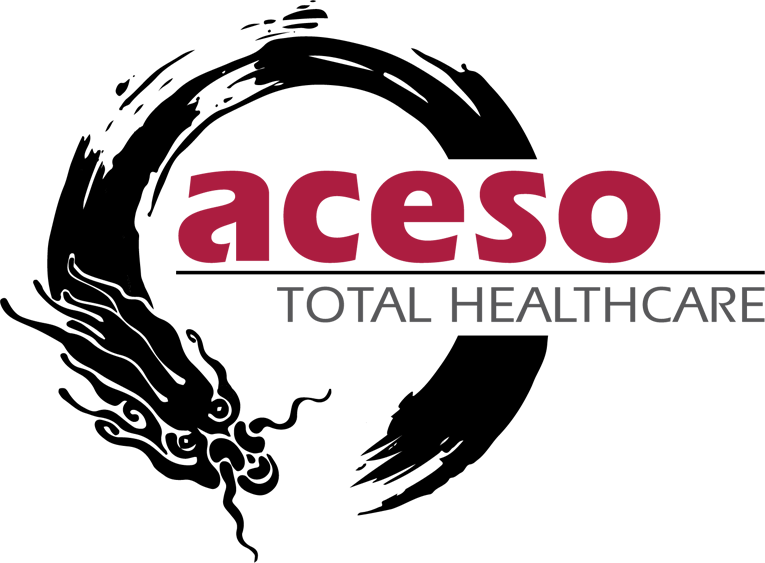Symptoms of Hormone Imbalance
Symptoms of Hormone Imbalance
There are many different symptoms of hormone imbalance. At first glance, they may seem like nothing more than the natural result of aging. Although hormone levels shift during one’s life, imbalances can occur at any age. It’s vital to know the warning signs to address any issues early. These are some of the most common symptoms of hormone imbalance.
1. Sudden Weight Changes
Hormones play a role in controlling the body’s systems. Organs like the pancreas and thyroid gland produce hormones that control metabolism. For example, the thyroid gland regulates heart rate and digestion. If it is underactive (hypothyroidism), it won’t release enough thyroid hormone to meet your body’s needs. This is common in older women and diabetes patients, and it can result in weight gain. Also, one common symptom of low testosterone is weight gain. In contrast, an overactive thyroid gland (hyperthyroidism) can lead to sudden weight loss. A simple blood test can reveal such hormone imbalances. Luckily, research shows that hormone therapy can relieve symptoms including weight gain.
2. Fatigue
Certain hormones regulate energy levels. For instance, the pancreas makes insulin to control the body’s blood sugar levels. If the pancreas doesn’t function properly, blood sugar levels may spike or crash and cause one to feel fatigued. Testosterone is one hormone that controls many vital systems in both men and women. It affects libido, muscle mass, and bone density. Low testosterone may cause a wide range of symptoms including depression, reduced cognition, and lethargy. Testosterone therapy has shown to improve energy levels in some men.
Cortisol and thyroid hormones also affect energy levels. Chronic stress may trigger adrenal insufficiency, a condition where the adrenal glands don’t make enough cortisol. Research shows that this can result in fatigue and weight loss. Hypothyroidism can also cause low energy.
3. Hair Loss
Another symptom of hormone imbalance is hair loss. This is because hormones affect the hair cycle and follicle structure. Researchers have studied the many effects of hormones on hair growth and hair follicles. For example, androgens are hormones known to regulate growth and reproduction in men and women. Some androgens like testosterone and DHEA contribute to the hair growth cycle. Other hormones like estradiol and progesterone can affect hair follicle growth. Cortisol may act on hair growth, as well. It’s also well-known that female pattern hair loss (FPHL) often occurs at menopause. This may be due to changes in estrogen during this period. It’s hard to overstate the number of connections between hair and hormones.
4. Loss of Bone and Muscle Mass
Proper hormone levels are vital for bone health and strength over time. One major symptom of hormone imbalance is osteoporosis. This progressive condition causes porous bones that are more likely to break or fracture. Osteoporosis is common in older women. This is likely due to hormone changes during menopause. It’s estimated that over 9 million US women suffer from this condition, and even more have low bone mass. This is nearly 3 times the estimated number of men with osteoporosis. It’s no surprise that a 60-year-old woman’s lifetime risk of fracture is over 40%.
Maintaining muscle mass is also important as we age. It’s often a determining factor in mobility and quality of life. Hormones like estrogen and testosterone affect muscle growth, mass, and strength. Studies suggest declining estrogen levels may cause muscle loss in menopausal women. Another assessment showed that hormone therapy preserved muscle strength in postmenopausal women.
5. Sexual Issues
Hormone levels also affect one’s sex drive. This is true for both men and women of all ages. Sex hormones like estradiol and testosterone affect libido in distinct ways. They are released at greater rates during puberty and lead to the development of secondary sex traits. However, they tend to decline at a steady rate during middle-age. Some symptoms of low testosterone levels in males are low sex drive, impotence, and erectile disfunction. Hormones also modulate female libido, and replacement therapy is a common and popular treatment for low sex drive.
Hormones affect every cell in the human body. They regulate everything from hair, bone, and muscle growth to weight gain and energy levels. The symptoms of low testosterone and estrogen become clearer as adults age. Hormone replacement therapy shows promise in helping many issues associated with aging. If you’ve had any of the symptoms listed above, or have any questions, please contact us today. We’re eager to support your overall health with our effective holistic and scientific treatments.
Contact Us
Aceso Total Health P.C.
7160 S. 29th St., Suite 7
Lincoln, NE 68516
402.817.4117![]()
Based in Lincoln, NE, our patient – centered, healthcare experience is integrated, proactive and personalized, leading to a more balanced and happier you.
